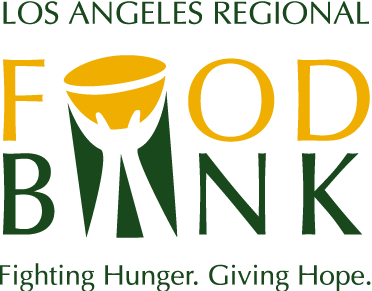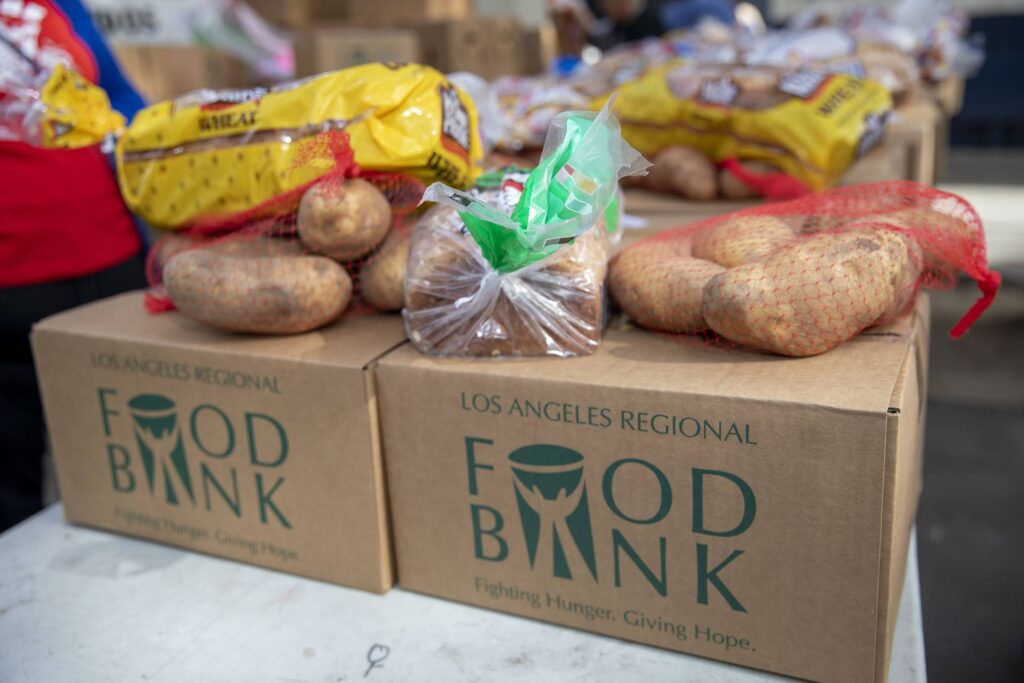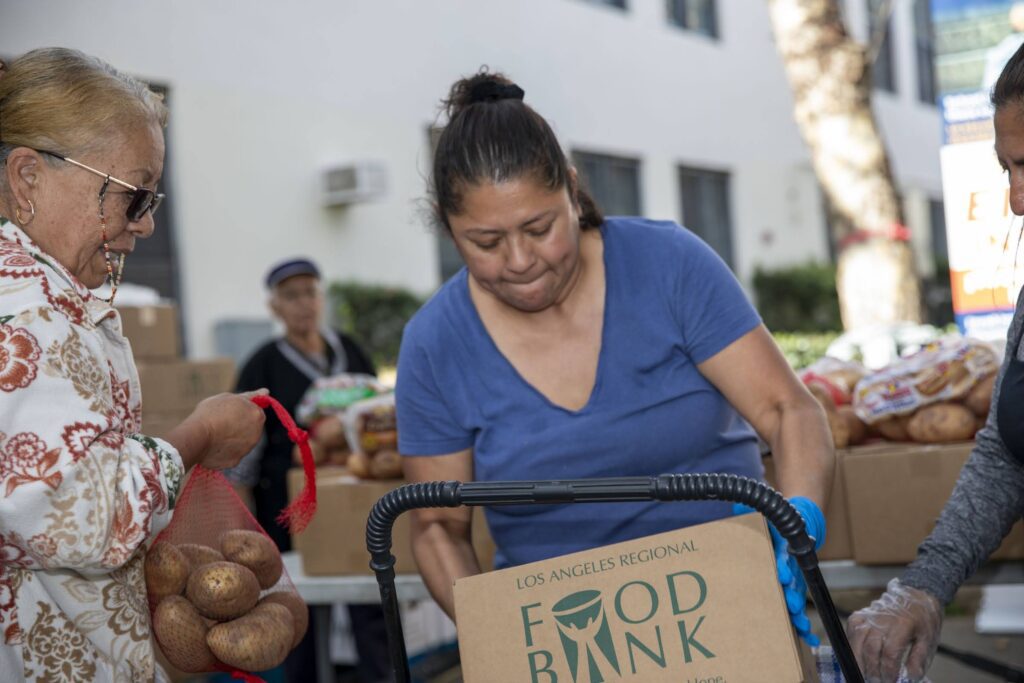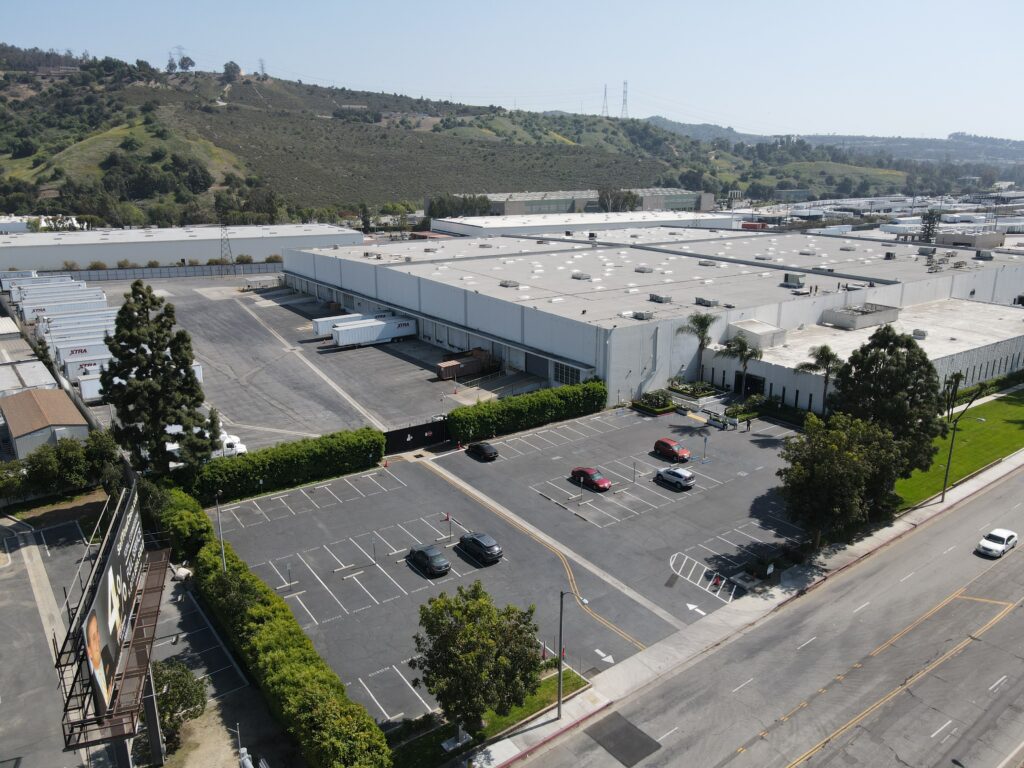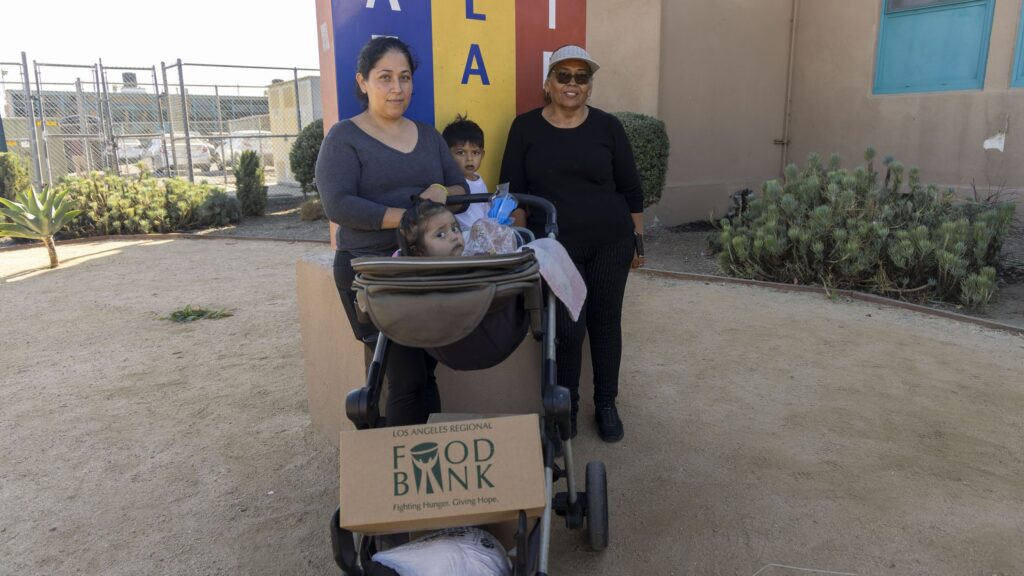USDA Food Pause Highlights the Importance of Private Funding and State Support of Food Banks
USDA Food Pause Highlights the Importance of Private Funding and State Support of Food Banks
The Los Angeles Regional Food Bank is aware of recent developments concerning USDA bonus food loads, which are currently on hold. The Los Angeles Regional Food Bank is still determining exactly how this pause will impact our operations and the communities we serve. While these loads have not been officially canceled, the uncertainty surrounding their status raises concerns for food banks across the country.
The potential reduction in USDA food distributions comes when many people in Los Angeles County struggle with food insecurity. For food banks like the LA Regional Food Bank, the pause in federally funded food commodities could place additional strain on our supply, especially when paired with rising demand for food assistance. While the LA Regional Food Bank and our partners continue to serve hundreds of thousands of individuals each month, our ability to meet increasing needs depends heavily on consistent support from a variety of programs.
Private Donations and State-Funded Programs Like CalFood Are More Vital Than Ever
As a nonprofit organization, private food donations from farmers, growers, wholesalers, distributors, etc., and financial support are essential to our mission. These contributions provide flexibility to respond quickly to emerging needs, fill gaps when government resources fall short, and ensure we can continue distributing nutritious food across Los Angeles County. Every dollar and every food donation makes a meaningful difference for our neighbors facing hunger. If you are in a position to make a financial donation to the LA Regional Food Bank, please visit our donation page >
This situation also underscores the importance of state programs. CalFood enables food banks throughout California to purchase locally grown and produced foods, providing nutritious options for families while supporting the state’s farmers and food producers. It’s a full-circle solution that strengthens the food assistance system and California’s agricultural economy alike. CalFood funding is particularly important now, given the potential delays or reductions in federal resources. Without it, food banks could face difficult decisions—reducing food variety, scaling back distributions, or even closing distribution sites. Continued investment in CalFood ensures that we can keep nutritious food flowing to those who need it most.
The Los Angeles Regional Food Bank will continue to monitor the situation closely and work with partners across the state to advocate for the resources needed to support our community. We will share additional updates as more information becomes available.
Thank you for your continued support. Together, we can achieve our vision of no one going hungry in Los Angeles County.

